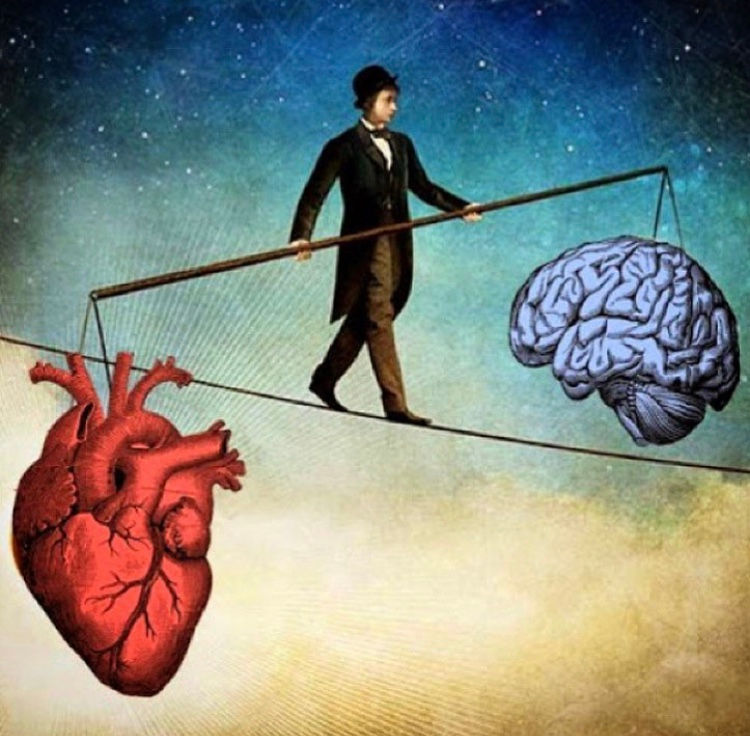Decolonizing Therapy
- Juliana LC
- Apr 7, 2025
- 2 min read

Psychology, as a field of knowledge and therapeutic practice, has deep roots in European traditions. Most of its foundational theories, methods, and classical authors stem from Western, white, middle-class contexts. However, growing critiques of epistemic and cultural colonization have given rise to movements advocating for the decolonization of therapy—seeking to integrate other ways of knowing, caring, and healing.
To decolonize therapy is, first and foremost, to acknowledge that psychological suffering cannot be understood apart from its historical, political, and cultural context. This means breaking with the idea of a universal subject and a one-size-fits-all therapeutic model. The diversity of lived experiences, worldviews, and ways of being must be valued—especially those that have been historically marginalized or silenced.
Indigenous, African, Eastern, Latin American, and popular knowledge systems carry profound approaches to collective care, connection with the body, the land, ancestry, and spirituality. By making space for these knowledges in therapeutic practices, we broaden our understanding of mental health and recognize that healing can occur through many pathways—not only through talk and rational analysis.
The decolonization of therapy also questions the power structures that shape who has access to care, who gets to be a therapist, and what kinds of suffering are considered legitimate. It calls for more inclusive training and public policies that are sensitive to social and racial inequalities. The goal is to transform therapeutic practice into an ethical, pluralistic space rooted in people's lived realities.
This is an ongoing movement that requires listening, decentralization, and a willingness to challenge established truths. More than a new method, it is an ethical and political stance toward life and others. A decolonized therapy is one that recognizes the power of diversity and commits itself to liberation and holistic care.
Written by Juliana Camargo




Comments